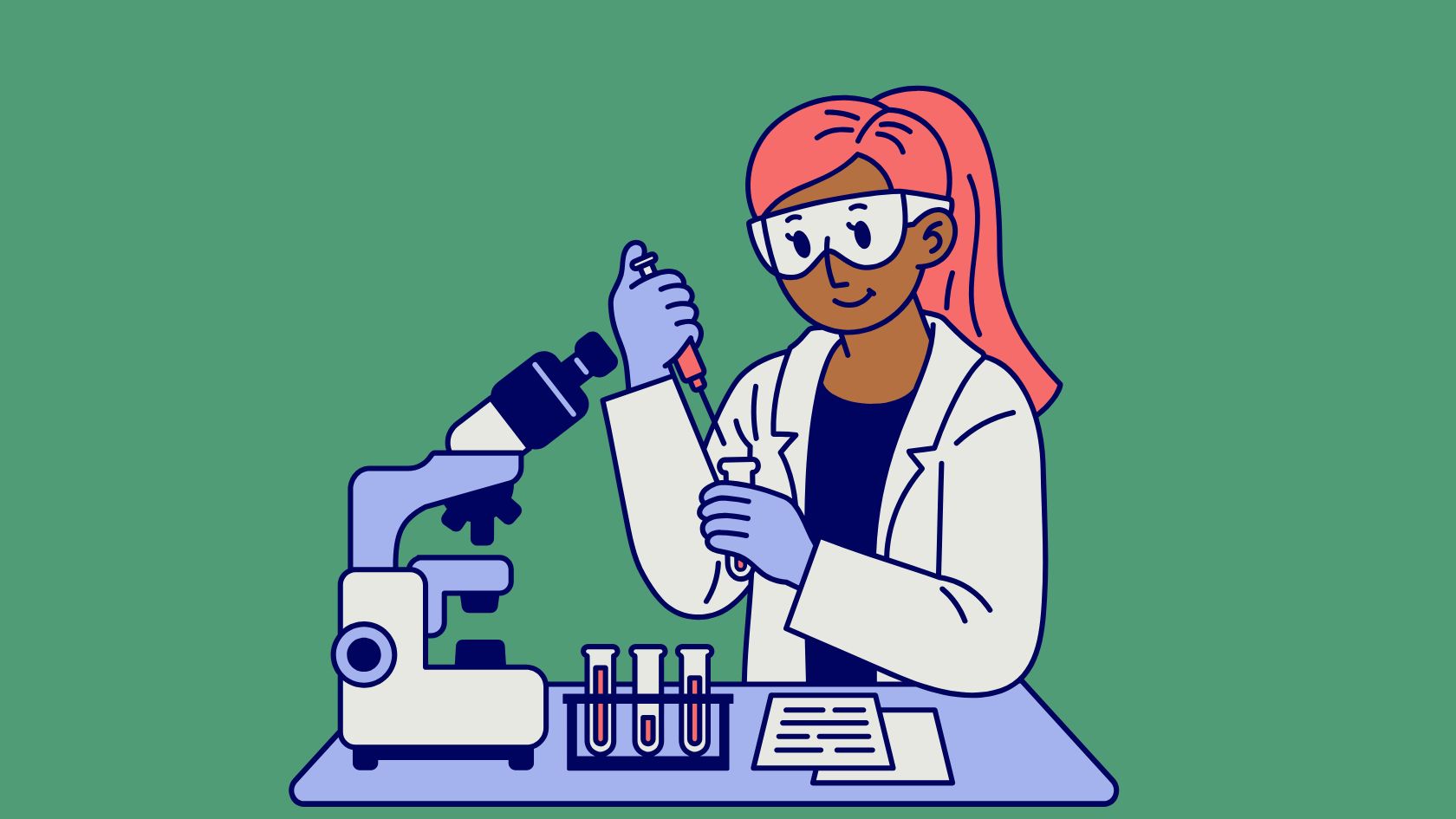Practical tests in Sciences are important in determining a student’s comprehension of scientific principles, experimental skills, and capacity to apply theory in a laboratory environment. Both Edexcel and Cambridge use different ways of practical assessment in its Science topics, which include Biology, Chemistry, and Physics. Here’s a full analysis of how these two exam boards handle practical exams.
1. Assessment Structure
Edexcel Sciences
- Options for Assessment:
- Practical work is evaluated by written alternative papers rather than hands-on practical tests.
- These alternative papers assess a student’s knowledge of experimental techniques, data analysis, and practical abilities.
- Key Features:
- There is no compulsory laboratory-based practical exam.
- Students are evaluated on their abilities to read and analyze experimental data, draw inferences, and exhibit understanding of techniques.
- Emphasizes theoretical comprehension of practical tasks over real hands-on performance.
Cambridge Sciences
- Options for Assessment:
- Offers two practical assessment routes:
- Practical Test (Paper 3): A laboratory-based, hands-on exam where students carry out experiments.
- Alternative to Practical (Paper 4): A written exam for schools without laboratory facilities, assessing knowledge of practical work.
- Offers two practical assessment routes:
- Key Features:
- The Practical Test focuses on hands-on skills, asking students to do experiments, record observations, and assess outcomes in real time.
- The alternative to practical tests involves comprehending experimental design, data processing, and result interpretation without the need of physical experiments.
2. Skills Assessed
Edexcel
- Focus on:
- Experimental design and planning.
- Analyzing and interpreting data provided in written form.
- Understanding laboratory procedures, safety measures, and expected outcomes.
- Applying theoretical knowledge to hypothetical practical scenarios.
Cambridge
- Practical Test (Paper 3):
- Emphasis on hands-on skills:
- Setting up equipment.
- Making accurate measurements and observations.
- Recording and analyzing experimental results.
- Evaluates students’ ability to troubleshoot and adapt during experiments.
- Emphasis on hands-on skills:
- Alternative to Practical (Paper 4):
- Focuses on:
- Experimental design and hypothesis formulation.
- Interpretation of experimental data.
- Identifying errors and suggesting improvements to procedures.
- Focuses on:
3. Flexibility for Schools
Edexcel
- Suitable for schools without well-equipped laboratories.
- All practical skills are assessed through written alternative papers, making it accessible and easier to implement globally.
Cambridge
- Offers flexibility:
- Schools with laboratory facilities can opt for the Practical Test.
- Schools without laboratories can choose the Alternative to Practical paper.
- The Practical Test provides a richer experience for students who thrive in hands-on learning environments.
4. Exam Format
| Aspect | Edexcel | Cambridge |
| Practical Assessment | Written alternative paper only. | Choice between Practical Test (hands-on) or Alternative to Practical. |
| Hands-on Experiments | Not required. | Required for the Practical Test. |
| Data Analysis | Based on data provided in the question. | Hands-on (Paper 3) or provided data (Paper 4). |
| Duration | Approx. 1 hour 20 minutes. | Paper 3: 1 hour 30 minutes; Paper 4: 1 hour. |
| Assessment Focus | Knowledge of procedures and data analysis. | Skills in experimentation (Paper 3) or theoretical practical skills (Paper 4). |
5. Grading Weightage
Edexcel
- The written practical alternative paper typically accounts for 20% of the final grade.
Cambridge
- Both the Practical Test (Paper 3) and Alternative to Practical (Paper 4) contribute approximately 20% of the final grade.
6. Real-World Relevance
Edexcel
- Suitable for students who prefer theoretical understanding but cannot access laboratory facilities.
- It may be less engaging for kids who prefer hands-on, experiential learning.
Cambridge
- The Practical Test is appropriate for students who want to improve hands-on lab skills needed for higher-level science courses and real-world applications.
- The Alternative to Practical promotes inclusivity in schools without labs while emphasizing experimental notions.
7. Which is Better for You?
Choose Edexcel if:
- Your school lacks laboratory facilities and resources.
- You prefer textual assessments over hands-on experiments.
- You have theoretical comprehension of experimental processes and are comfortable interpreting data.
Choose Cambridge if:
- You enjoy hands-on learning and have access to a well equipped laboratory.
- You desire practical experience that is directly related to higher-level science courses.
- Your school allows you to pick between hands-on and written alternatives.
Both Edexcel and Cambridge Sciences provide rigorous practical exams that are adapted to individual student requirements and school resources. Edexcel emphasizes theoretical comprehension via written alternatives, making it perfect for schools without laboratories. Cambridge, on the other hand, offers a more diverse approach, including hands-on Practical Tests and textual alternatives, catering to a wider range of learning styles. Your decision should be based on your study style, availability to facilities, and future academic aspirations.




